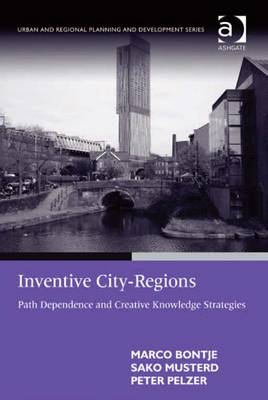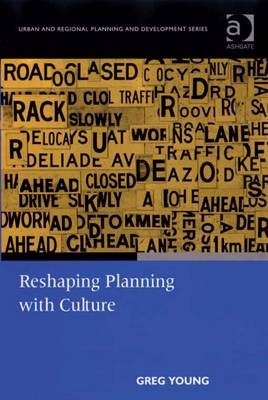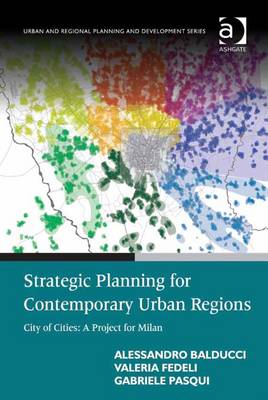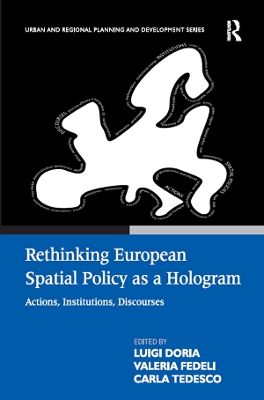Urban and Regional Planning and Development
4 total works
Virtually every city-region in West and Central Europe has developed policies and strategies to attract, retain and encourage creative industries and knowledge-intensive services. Since most of these citiy-regions tend to see a creative knowledge economy as 'the best bet for the future', one of the main goals of such policies and strategies is increasing the international competitiveness of their city-region. Using the cities of Amsterdam, Barcelona, Birmingham, Helsinki, Leipzig, Manchester, and Munich as case studies, this book explores the spatial, economic, historical, socio-demographic, socio-cultural and political conditions that may determine whether a city-region is or can become attractive for creative and knowledge-intensive companies, and for the talented people working for or founding these companies. A comparison of the case studies and an overview of the key findings, similarities and differences which lead to policy recommendations as well as suggested directions for further research will make this book attractive to urban and regional academics, planners and students.
Planning is described as being increasingly sidelined by the impacts of neo-liberal restructuring. At the same time, 'culture' is nowadays seen as the world's key intellectual resource possessing new creative weight in sociological, economic and environmental terms. This book argues that, in the light of this cultural turn, there is the opportunity to re-position planning and proposes an original, practical and robust system of 'culturisation'. Culturisation is defined as the ethical, critical and reflexive integration of culture into planning and potentially other areas such as public administration, corporate strategy and development thinking. Cultural theory, planning theory, global governance policy and recent, innovative culturised practices are all explored to this end. The new theoretical and practical approach put forward shows how deeper, richer and more relevant ideas about culture can be utilized in planning, and is illustrated with international examples and two major case studies detailing new vistas for a refurbished planning.
Strategic Planning for Contemporary Urban Regions
by Alessandro Balducci, Valeria Fedeli, and Gabriele Pasqui
This book is an account of how the Milan Provincial Administration and a team of researchers from Milan Polytechnic worked together to develop a new 'Strategic Plan' for Milan's urban region. Informed by innovative conceptions of both how to understand cities in the contemporary world, and engage in strategic planning work, this experience has already attracted considerable international attention. The authors now consolidate their contribution into a comprehensive account which continually relates theory and practice
Examining the Milan Plan in detail, the book explains the profound transformations which put great pressure on the traditional descriptive tools so planners must engage in the production of new ones. It also proposes that these transformations affect the way in which urban policies and planning processes are designed.
The project offers insights into - and new directions for - planning theory more generally, while at the same time testing this powerful and innovative research hypothesis in an important European city empirical study. In detailing the results of this project, this book proposes useful ground-breaking approaches to planning for similar urban regions.



